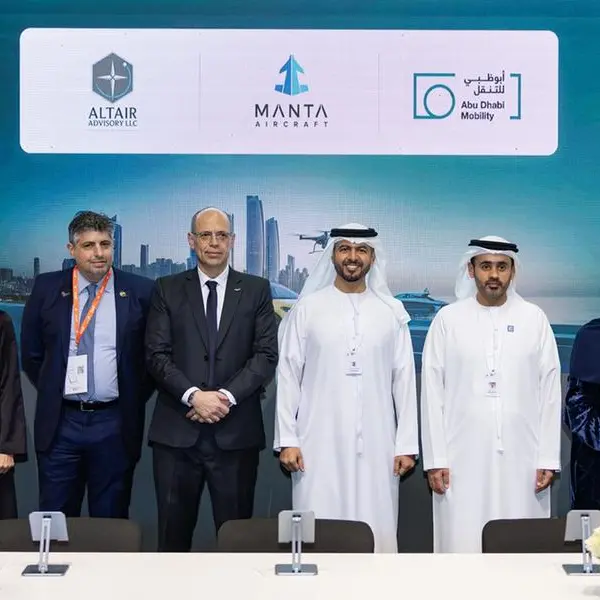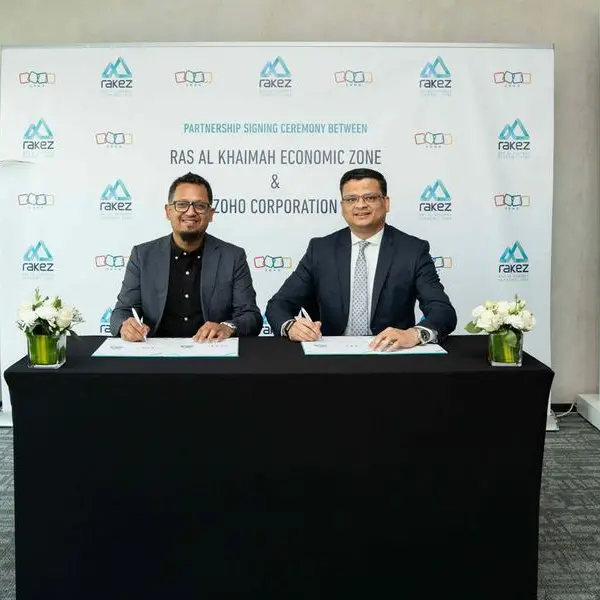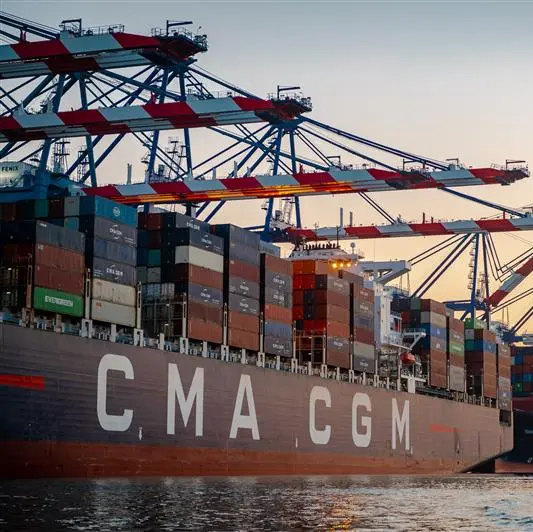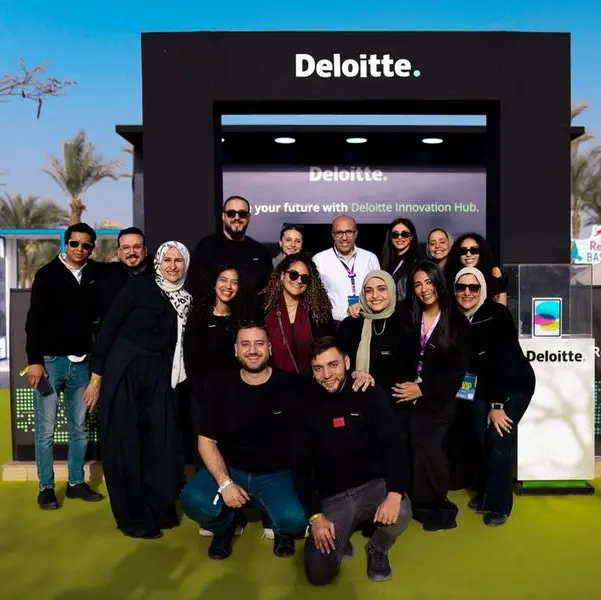
Young people living in Somalia are among those most at risk of the impacts of climate change, threatening their health, education, and protection, according to a UNICEF report launched today.
‘The Climate Crisis Is a Child Rights Crisis: Introducing the Children’s Climate Risk Index’ is the first comprehensive analysis of climate risk from a child’s perspective. It ranks countries based on children’s exposure to climate and environmental shocks, such as cyclones and heatwaves, as well as their vulnerability to those shocks, based on their access to essential services.
The report finds approximately 1 billion children – nearly half the world's 2.2 billion children – live in one of the 33 countries classified as “extremely high-risk”. The findings reflect the number of children impacted today; figures likely to get worse as the impacts of climate change accelerate.
Somalia is among these countries, with a ranking of 4th. The report found Somali children are highly exposed to soil and water pollution and riverine flooding, but also that investments in social services, particularly child health and nutrition as well as water, hygiene and sanitation can make a significant difference in our ability to safeguard their futures from the impacts of climate change.
“The climate crisis is a child’s rights crisis,” said UNICEF Somalia Representative Mohamed Ayoya. “Building communities’ resilience is pivotal in protecting Somali children and their future from the impacts of a changing climate and degrading environment. We need to act collectively and invest in critical water, healthcare and education services children depend upon to survive and thrive.”
The report also reveals a disconnect between where greenhouse gas emissions are generated, and where children are enduring the most significant climate-driven impacts. The 33 extremely high-risk countries collectively emit just 9 per cent of global CO2 emissions. Conversely, the 10 highest emitting countries collectively account for nearly 70 per cent of global emissions. Only one of these countries is ranked as ‘extremely high-risk’ in the index.
“The frightening environmental changes we are seeing across the planet are being driven by a few but experienced by many,” said Representative Ayoya. “We must urgently reduce greenhouse gas emissions and work as a global community to build a better world for all children.”
Without the urgent action required to reduce greenhouse gas emissions, children will continue to suffer the most. Compared to adults, children require more food and water per unit of their body weight, are less able to survive extreme weather events, and are more susceptible to toxic chemicals, temperature changes and diseases, among other factors.
UNICEF is calling on governments, businesses and relevant actors to:
- Increase investment in climate adaptation and resilience in key services for children. To protect children, communities and the most vulnerable from the worst impacts of the already changing climate, critical services must be adapted, including water, sanitation and hygiene systems, health and education services.
- Reduce greenhouse gas emissions. To avert the worst impacts of the climate crisis, comprehensive and urgent action is required. Countries must cut their emissions by at least 45% (compared to 2010 levels) by 2030 to keep warming to no more than 1.5 degrees Celsius.
- Provide children with climate education and greens skills, critical for their adaptation to and preparation for the effects of climate change. Children and young people will face the full devastating consequences of the climate crisis and water insecurity, yet they are the least responsible. We have a duty to all young people and future generations.
- Include young people in all national, regional and international climate negotiations and?decisions, including at COP26. Children and young people must be included in all climate-related decision making.?
- Ensure the recovery from the COVID-19 pandemic is green, low-carbon and inclusive, so that the capacity of future generations to address and respond to the climate crisis is not compromised.
© Press Release 2021
Disclaimer: The contents of this press release was provided from an external third party provider. This website is not responsible for, and does not control, such external content. This content is provided on an “as is” and “as available” basis and has not been edited in any way. Neither this website nor our affiliates guarantee the accuracy of or endorse the views or opinions expressed in this press release.
The press release is provided for informational purposes only. The content does not provide tax, legal or investment advice or opinion regarding the suitability, value or profitability of any particular security, portfolio or investment strategy. Neither this website nor our affiliates shall be liable for any errors or inaccuracies in the content, or for any actions taken by you in reliance thereon. You expressly agree that your use of the information within this article is at your sole risk.
To the fullest extent permitted by applicable law, this website, its parent company, its subsidiaries, its affiliates and the respective shareholders, directors, officers, employees, agents, advertisers, content providers and licensors will not be liable (jointly or severally) to you for any direct, indirect, consequential, special, incidental, punitive or exemplary damages, including without limitation, lost profits, lost savings and lost revenues, whether in negligence, tort, contract or any other theory of liability, even if the parties have been advised of the possibility or could have foreseen any such damages.



















